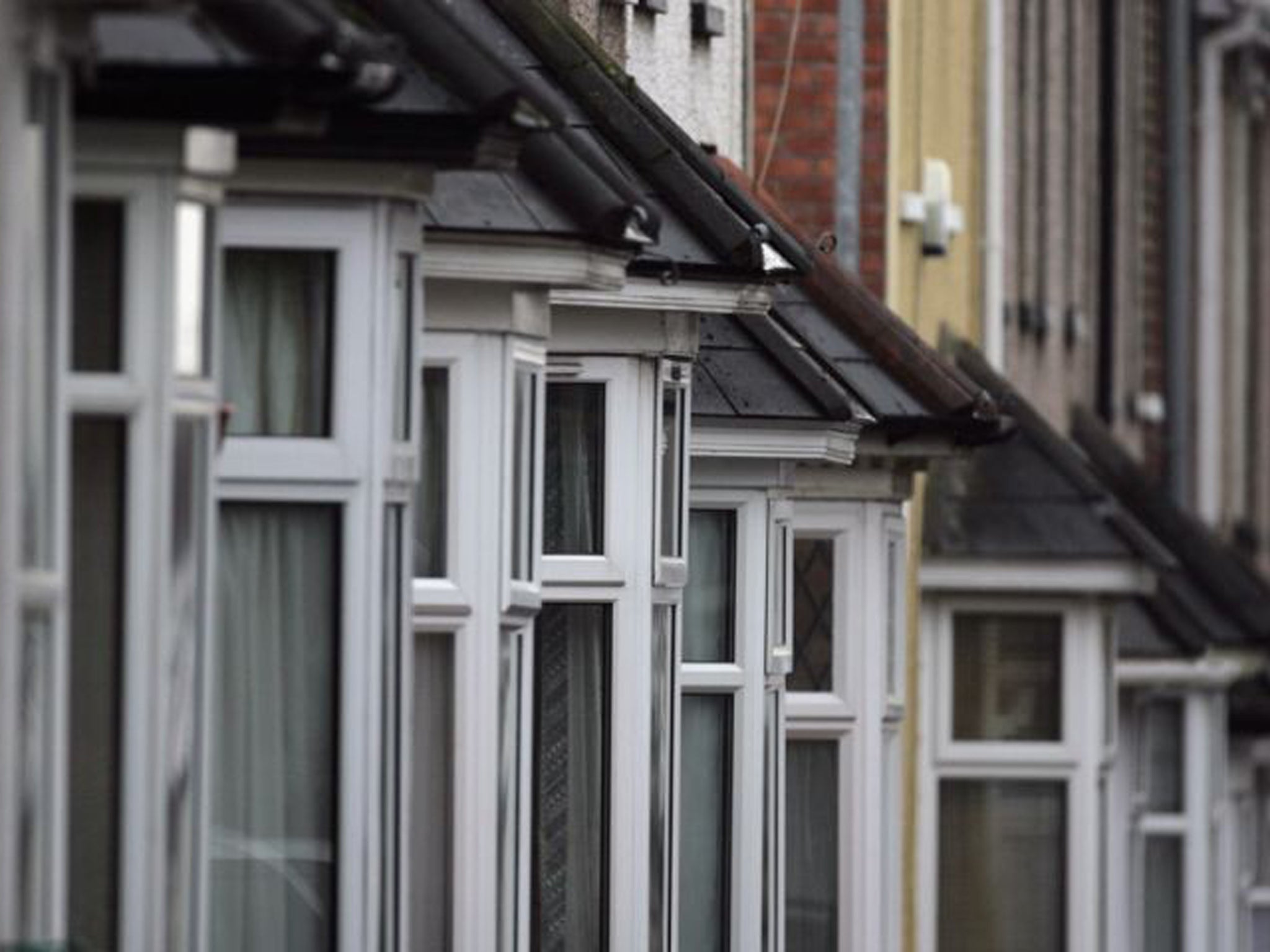Savvy Money: Is offset a good bet for your home loan and savings?
Check out how linking your mortgage to your cash could save you from the taxman's clutches

If you have some savings, you don't need me to tell you how low interest rates are right now. Depositing a few thousand pounds in the bank and earning enough in interest after a year for a fish and chip supper doesn't exactly inspire the savings habit. But depending on how much you have in the bank, and whether or not you need access to it, you may be better off taking out an offset mortgage.
With an offset mortgage you keep some or all of your savings in an account that's linked to your mortgage. You only pay interest on the outstanding balance, which means you can save money and, because your offset savings don't generate interest, there's no tax to pay. So, if you pay tax, especially at the 40 per cent rate or higher, an offset mortgage could be a shrewd move.
The basics of offsetting
If you want to offset your savings against your mortgage, you have to take out a special offset product (apologies if this sounds obvious). You can't just use an ordinary mortgage and try and link that with your savings account. Not all mortgage lenders offer offset mortgages and, when they do, they are more expensive than ordinary mortgages (although not necessarily much more).
There may also be less choice of fixed rate offset mortgages. Ray Boulger, from mortgage brokers John Charcol says that only the Yorkshire and Coventry building societies offer a fixed rate offset mortgage of more than two years and none of the lenders offer ten-year fixed rate offset mortgages.
Pros and cons of offsetting
The main advantage of an offset mortgage is that it can save you money on your mortgage interest payments and, potentially, reduce your mortgage term. The other benefit is that it can save you tax on your savings – unless all of them are already in cash ISAs or you're a non-taxpayer, in which case there's no tax to pay on the interest in the first place.
You can also get access to your offset savings easily (access is pretty much instant), unlike some so-called "flexible" mortgages, where there may be restrictions on when and how you do this.
But there are disadvantages, the main one being the fact you will pay more for an offset mortgage, which may outweigh the tax-saving benefits and there's less choice.
Comparing the costs
Offset mortgage rates are typically between 0.2 per cent and 0.8 per cent higher than non-offset mortgages, depending on the lender. For example, Ray Boulger says that Yorkshire building society have an offset version of most of their mortgages and charge 0.2 per cent more for it across the board.
Other lenders tend to have a higher differential for their offset mortgages and it's not a uniform amount. "That means there is a lot of comparing for you to do. A mortgage lender that's a best buy for a non-offset mortgage may not be so with their offset deal," says Boulger.
Is an offset right for you?
You might think that if you have a nice pile of cash in your bank or building society, and you also have a mortgage, you'd be the perfect candidate for an offset mortgage. But it's not that straightforward. Sure, there's no point in signing up for an offset mortgage if you don't have any – or much – savings, as you'll just be paying a higher mortgage rate for no reason.
But if you have a lot of savings relative to the size of your mortgage and you won't need access to them, you may be better off using a proportion of the money to reduce the loan to value ratio of your mortgage. Mortgage lenders charge a higher interest rate the more you want to borrow and a mortgage with a loan to value (LTV) of 85 per cent could be around one per cent higher than one with an LTV of 75 per cent.
Some people say you should only consider an offset mortgage if you have 20 per cent of the value of your mortgage in savings, but it is not that simple.
Whether an offset is right for you depends on the interest rate your savings are earning, the interest rate you would pay to get the offset mortgage you want, the interest rate you would pay on a comparable non-offset deal and whether or not you are a taxpayer.
Verdict
An offset mortgage could be worth considering if you have savings that you need access to from time to time, but you'll have to carefully weigh up the extra costs, loss of interest and tax saved.
Subscribe to Independent Premium to bookmark this article
Want to bookmark your favourite articles and stories to read or reference later? Start your Independent Premium subscription today.

Join our commenting forum
Join thought-provoking conversations, follow other Independent readers and see their replies